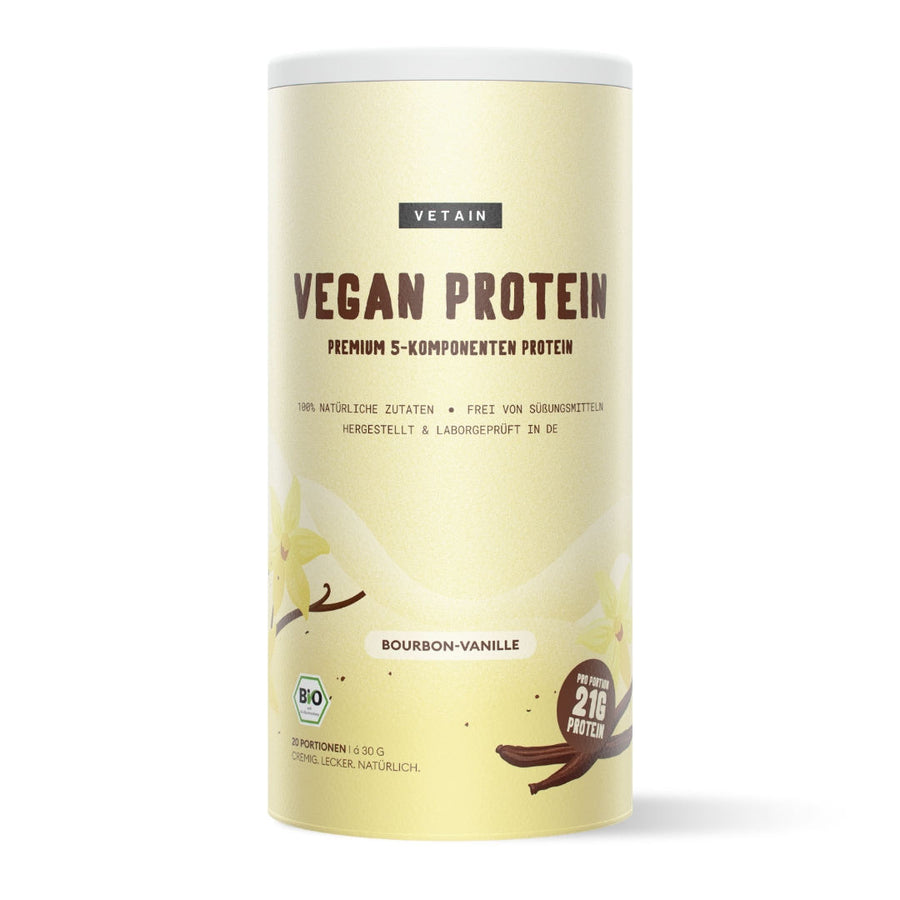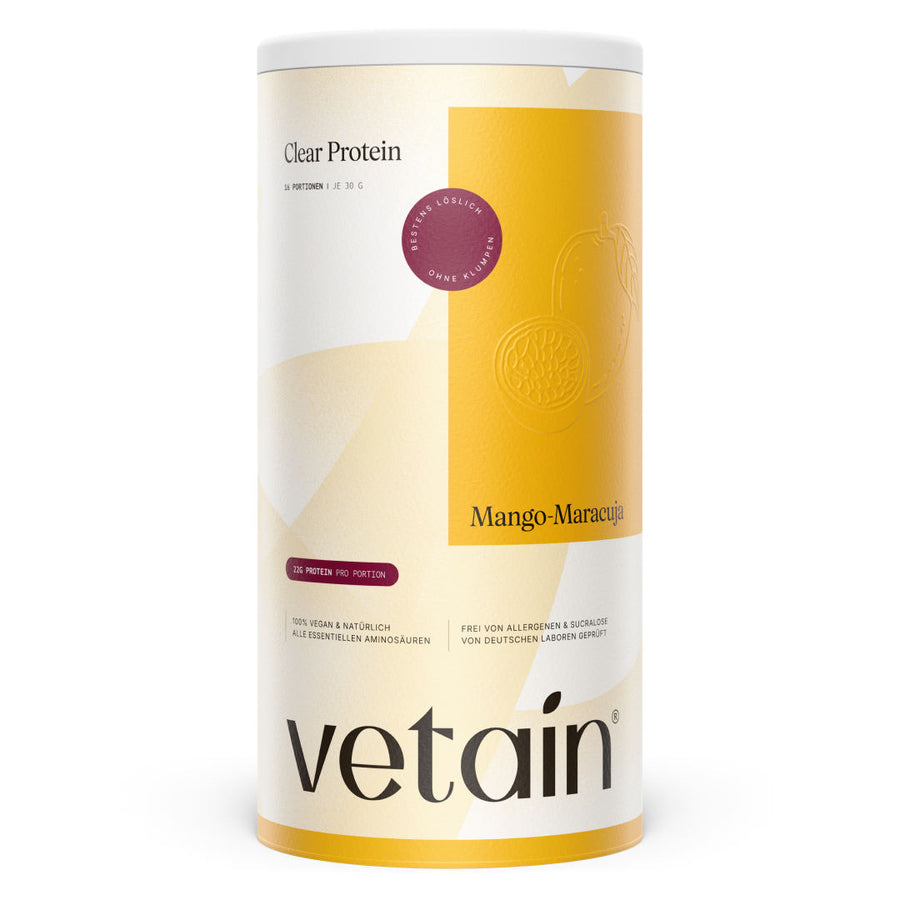The role of protein in the diet is often underestimated, especially when it comes to weight loss and fat loss. While many focus on counting calories and reducing carbohydrates, it is protein that plays a crucial role in effective fat loss and muscle maintenance at the same time.
Why is protein so important and how can it be optimally integrated into the diet?
The essential role of protein in weight loss
Increased calorie consumption: The body needs energy to digest, absorb and metabolize food. This process, known as the thermic effect of food, is higher with protein than with fat or carbohydrates. This means that the body burns more calories to process protein, increasing calorie expenditure and aiding weight loss.
Prolonged feeling of satiety: Protein helps to prolong the feeling of satiety, which in turn leads to a reduced overall calorie intake. A protein-rich breakfast can help reduce eating throughout the day by reducing cravings and snacking.
Maintaining muscle: During a diet, maintaining muscle mass is just as important as losing fat. Protein is crucial for muscle maintenance, especially during periods of calorie deficit.
Optimal protein intake
The amount of protein that should be consumed daily depends on various individual factors, including body weight, activity level and personal fitness goals. A general guideline recommends an intake of about 1.2 to 2.0 grams of protein per kilogram of body weight per day for people who want to lose weight and maintain muscle at the same time.
Vegan protein powder and other protein sources
Vegan protein powder has established itself as an excellent option for those who want to avoid animal products or supplement their plant-based protein intake. Vegan protein powders, such as those made from peas, hemp or rice, offer an excellent alternative with high biological value.
Animal proteins: Sources include chicken, beef, fish, eggs and dairy products, all of which contain essential amino acids.
Plant proteins: Legumes, tofu, tempeh, quinoa, nuts and seeds are not just for vegans, but for anyone looking to diversify their diet.
Tips for a protein-rich diet
- Integration at every meal: The aim is to include a high-quality source of protein at every meal to cover your daily requirements and increase the feeling of satiety.
- Protein shakes: On days when protein intake from solid food is a challenge, protein shakes are a practical and efficient solution.
- Diversity: By using different protein sources, a wide range of nutrients are consumed, making the diet varied and balanced.
Conclusion
Protein plays an essential role not only in muscle building, but also in fat loss. A balanced, protein-rich diet supports effective weight loss, helps to maintain muscle mass and promotes general health. It is important that protein is seen in the context of a balanced diet in which all nutrients are in the right proportions. With a well-thought-out approach, the path to fat loss is not only more successful, but also more sustainable and healthier.






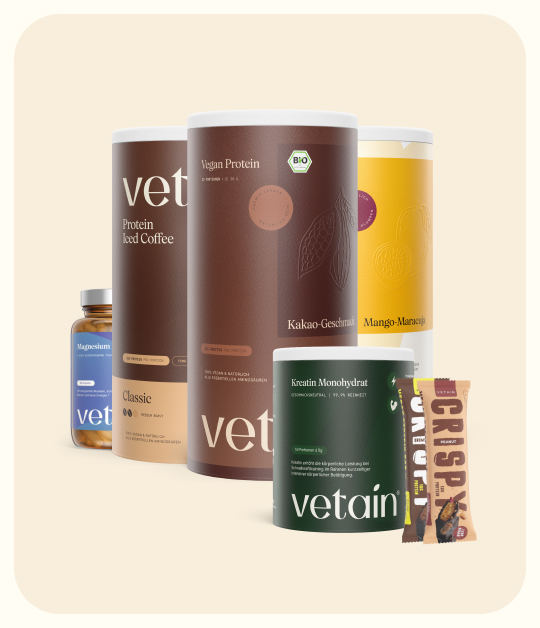
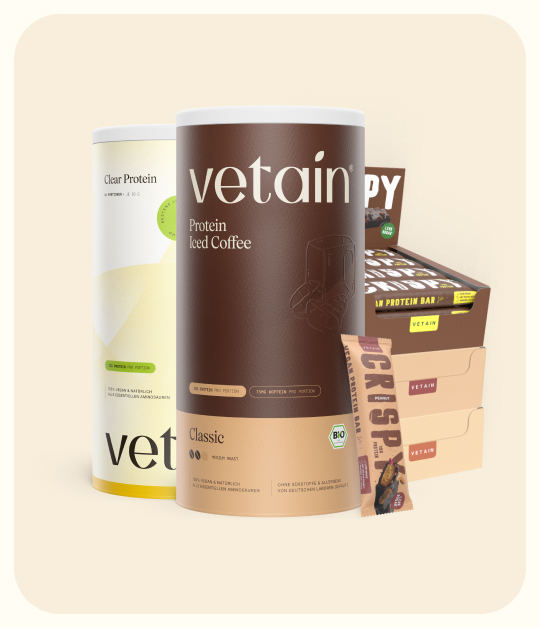
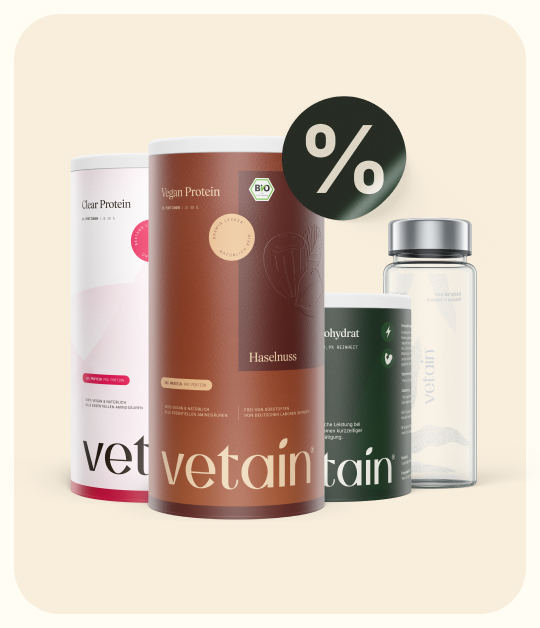






 5 Min
5 Min
 Zuletzt aktualisiert am 15.07.2025
Zuletzt aktualisiert am 15.07.2025
